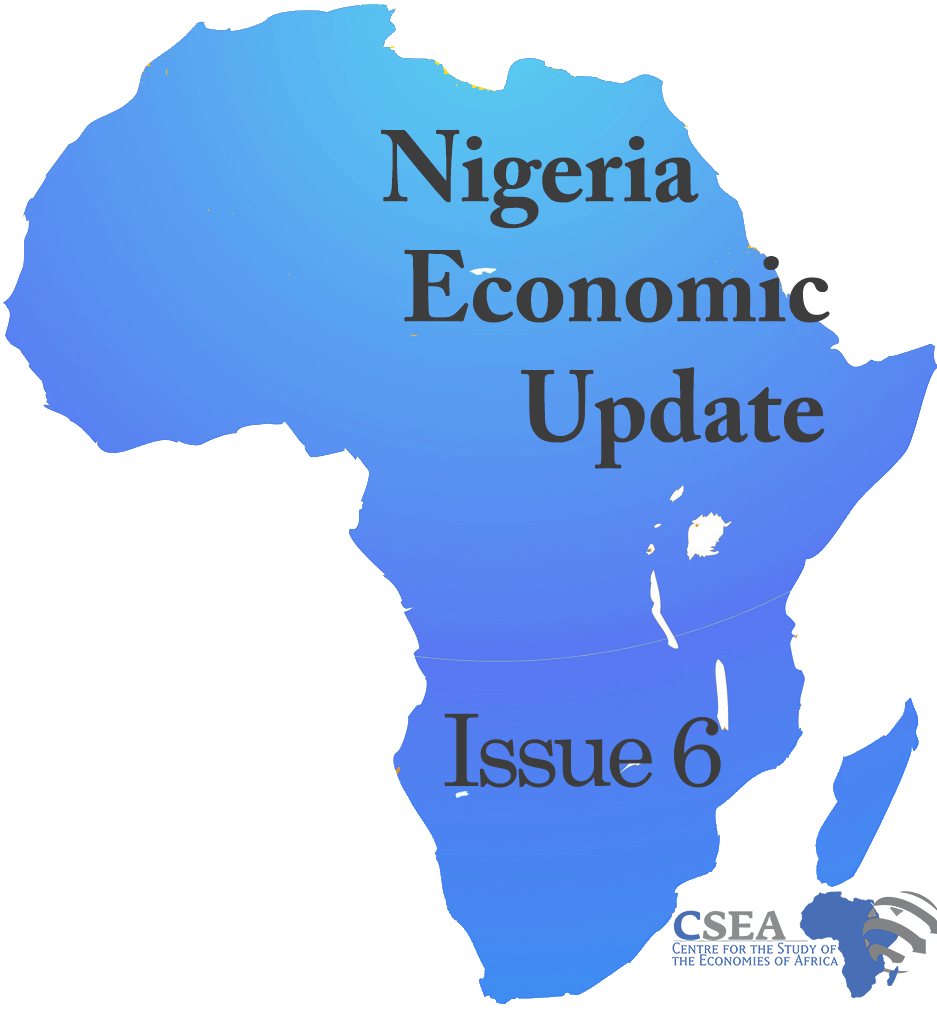The Nigerian economy raked in more revenue for the four quarters of 2018 fiscal year than in 2017. In the recently released economic report, the CBN reported that federally collected revenue increased by 28.4 percent to N9.44 trillion in 20181 – from N7.35 trillion in 20172. Both oil and non-oil components of federally collected revenue rose in the review year, attaining one-year peaks in 2018Q4 (N1.47 trillion) and 2018Q3(N1.14 trillion) respectively. The annual increase was most prominent in oil revenue sources, which grew significantly by 35 percent at the backdrop of 2018 improved oil price and domestic production, and accounted for N5.55 trillion of the total collected revenue. However, after statutory deductions and transfers, the federal government retained N3.96 trillion and a closer review shows that the FG expenditure pattern – at N7.36 trillion – resulted in a fiscal deficit of N3.4 trillion for the whole year 2018. Boosting non-oil sector trade and export, through infrastructure development and credit support, is critical to boosting overall government revenues to levels that match expenditure.
Macroeconomic Report & Economic Updates

March 1, 2019
Nigeria Economic Update (Issue 6)
The Nigerian economy raked in more revenue for the four quarters of 2018 fiscal year than in 2017. In the recently released economic report, the CBN reported that federally collected revenue increased by 28.4 percent to N9.44 trillion in 20181 – from N7.35 trillion in 20172. Both oil and non-oil components of federally collected revenue […]
Read →
Related
Africa Economic Update (Issue 6)
Available data shows that headline inflation reduced in most countries in the region in May 2017 relative to preceding months. Notably, headline inflation decreased in Nigeria (16.25 percent), Ghana (12.26 percent), Tanzania (6.1 percent), Senegal (1.8 percent), Namibia (6.3 percent) and Rwanda (11.7 percent), while it grew in South Africa (5.4 percent), Kenya (11.7 percent), Ethiopia (8.7 percent) and Uganda (7.2 percent). Cote dIvoire (-0.4 percent) recorded consumer price deflation. The decrease in consumer price in Nigeria, Tanzania and Ghana can be attributed to decreases in both food and non-food components of inflation. Regionally, all countries in Southern Africa recorded single digits inflation, however consumer price marginally increased in South Africa, for the first time in 2017 owing to spike in food prices6, and Botswana (both by 0.1 percent).
Nigeria Economic Update (Issue 31)
The Nigeria Stock Exchange market advanced further as equity indices pitched higher in the review week. Benchmark indices, All-share Index and Market Capitalization rose by 1.5 percent to settle at remarkable points, 37,425 and N12.90 trillion respectively an exceptional first-time record in more than two years. The uptrend has been sustained by stronger demand for investment securities due to outstanding H1 performance reports submitted by some listed companies during the week10.
Nigeria Economic Update (Issue 9)
Crude oil prices fluctuated during the
review week. OPEC weekly basket price decreased marginally from $53.63 on
February 24, 2017 to $53.34 on March 3, 2017. Similarly, Brent
crude declined (week-on-week) by 0.84 percent to $55.15, while
Bonny light decreased by 2.4 percent to $54.4 per barrel. During
the week, reports of Russias incomplete compliance to agreed production cut and
rising United States crude production/inventories, led to the
slight pressure exerted on oil prices. The uncertainties and volatility of
global crude oil price stresses the need for the government to channel efforts
at developing other key sectors of the economy, particularly the manufacturing
sector.
